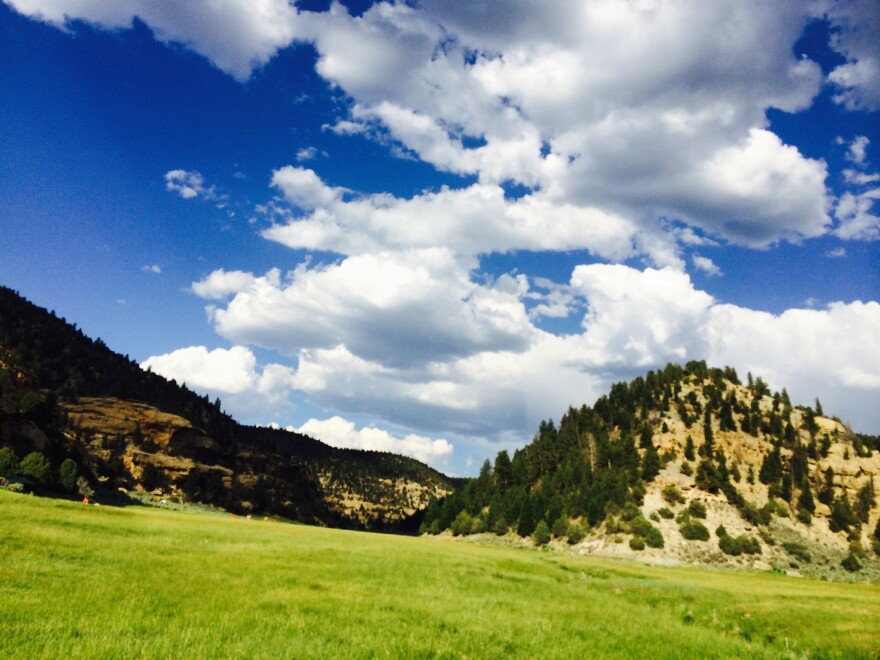What do you do when you see environmental devastation all around you but feel powerless to change it?
That’s how LaUra Schmidt views the challenge of climate change.
“This program might help us find solutions that lead to psychological resilience, and when we complete the program, our ideas are fresh and grounded in wisdom,” Schmidt tells a group assembled in a Salt Lake Valley living room. “We awaken and begin to see world constructs broken down and are able to look beyond current systems for solutions.”
Schmidt’s started a support group of likeminded Utahns that’s pioneering a new way to cope with the anxiety and sadness triggered by climate change. It’s called Good Grief.
A main goal is admitting there’s a problem. Another is working through difficult emotions triggered by watching species die off and landscapes whither.
“It's a lot about understanding your power,” she says in an interview, “and what you're capable of but also your limitations as a human being, single human being on this planet.”
Roughly two dozen other Utahns with similar concerns began meeting monthly with Schmidt last summer and discovered strength in sharing – and even some motivation to take meaningful action.
“There’s something positive that comes out of having a discussion about environmental destruction,” says Ally Harbertson, who’s participating. “And even if it’s just [that] I’m going to enjoy the sunset I see tonight. Just simple things. It’s a beautiful process to discuss it.”
Good Grief began 9-week pilot project on Wednesday that’s loosely based Alcoholics Anonymous and other 12-step support groups.


